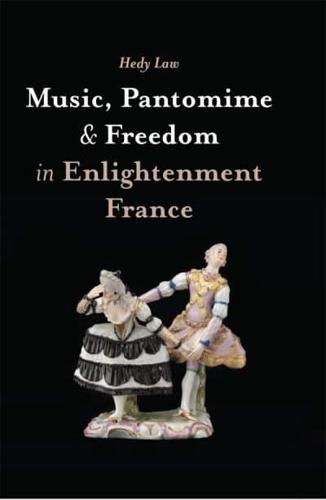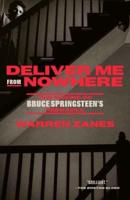Publisher's Synopsis
How did composers and performers use the lost art of pantomime to explore and promote the Enlightenment ideals of free expression? This book explains the relationships between music, pantomime and freedom in pre-Revolutionary France. It argues that composers and performers recognized their agency when they attempted, from the 1730s through the end of the Old Regime, to revive a lost art called 'pantomime' for their compositions. In musical settings of pantomimes in French operas and instrumental works, leading composers of the time - Rameau, Rousseau, Gluck, and Salieri - used pantomime as a type of expressive dance and acting style that marked an aesthetic rupture between Louis XIV's absolutist governance and the Enlightenment ideals of free expression. In musical settings of pantomime, these composers cultivated various forms of freedom theorized in Enlightenment writings: artistic freedom for the composer; freedom as self-governance; interpretive freedom for spectators; freedom of action for performers; and freedom from dance convention. Thus, pantomime was not only a dance genre; it also functioned as an expressive medium for top performers and invited spectators to draw their own interpretative conclusions. Placing the cultural phenomenon of pantomime in the intellectual context of the Enlightenment, the book explains how composers helped develop thinking and feeling subjects in pre-Revolutionary France.










